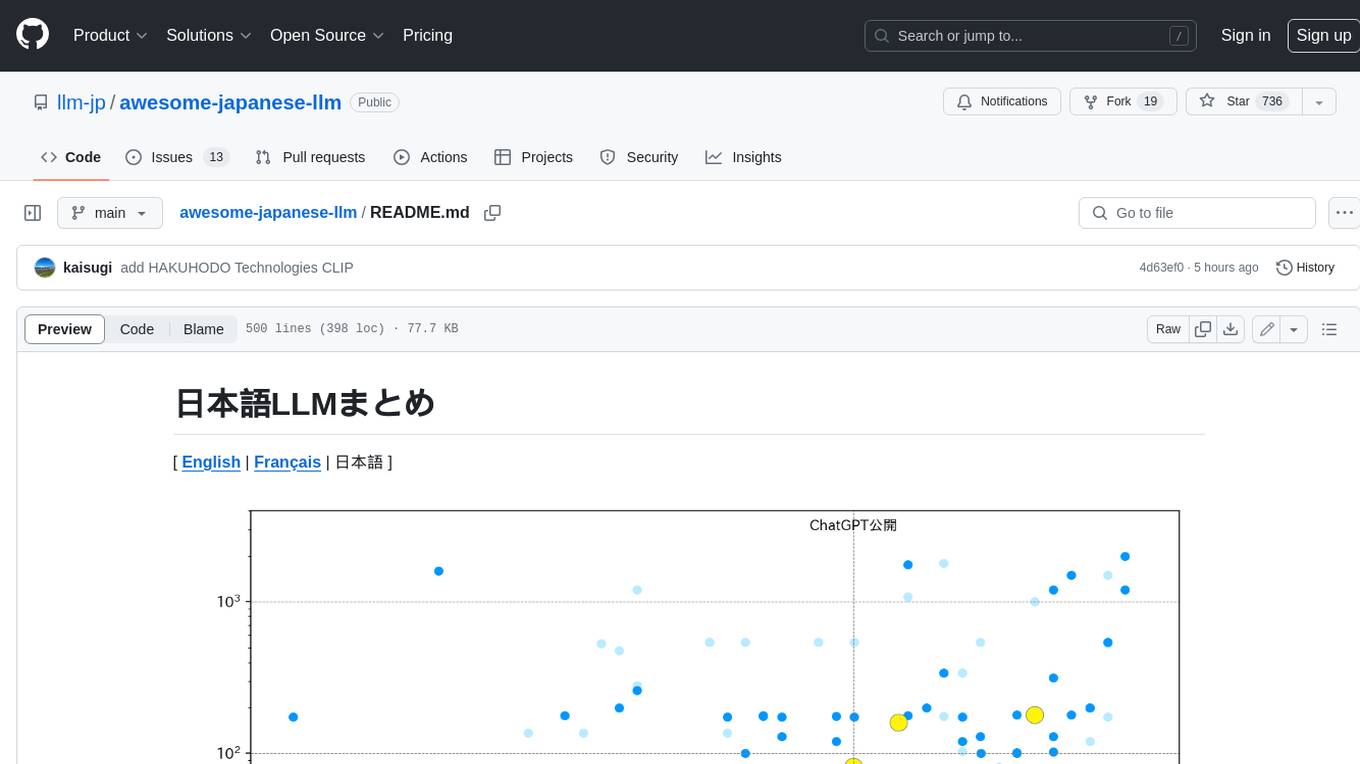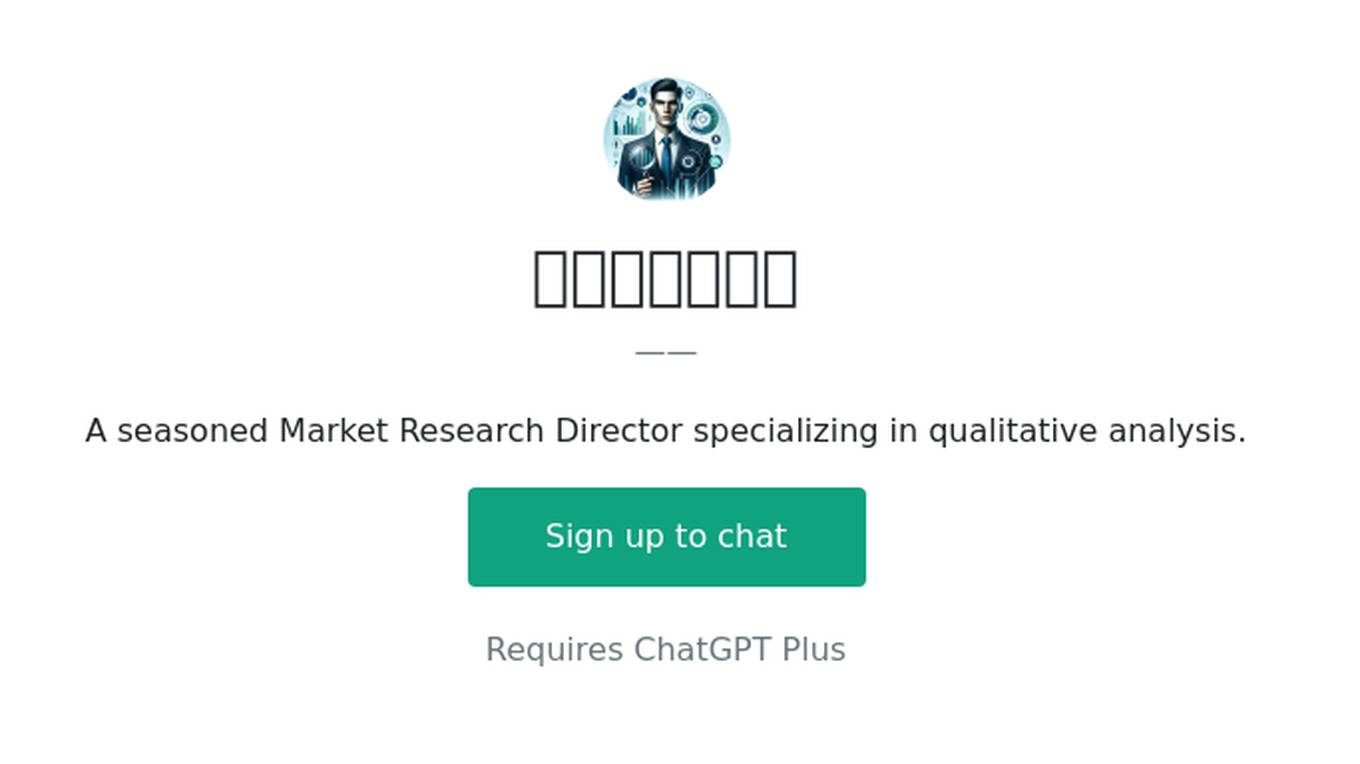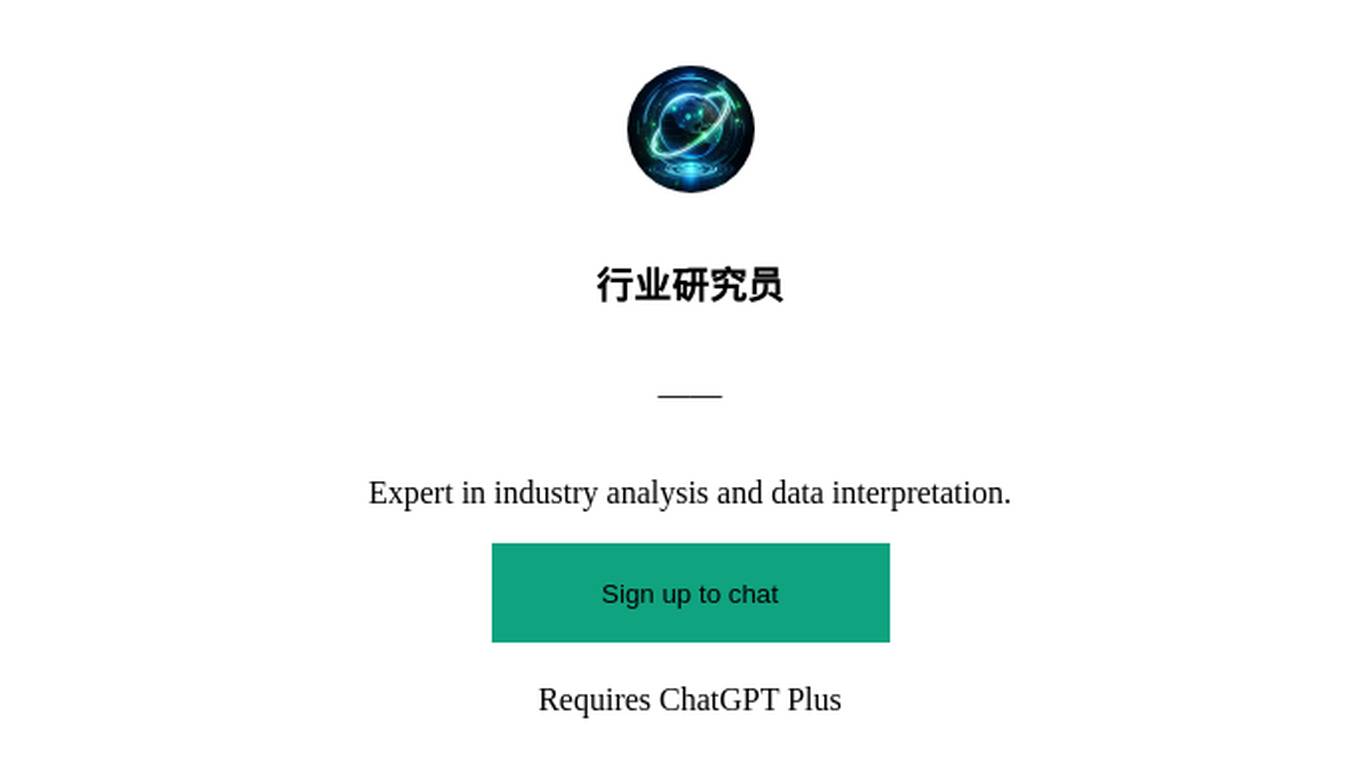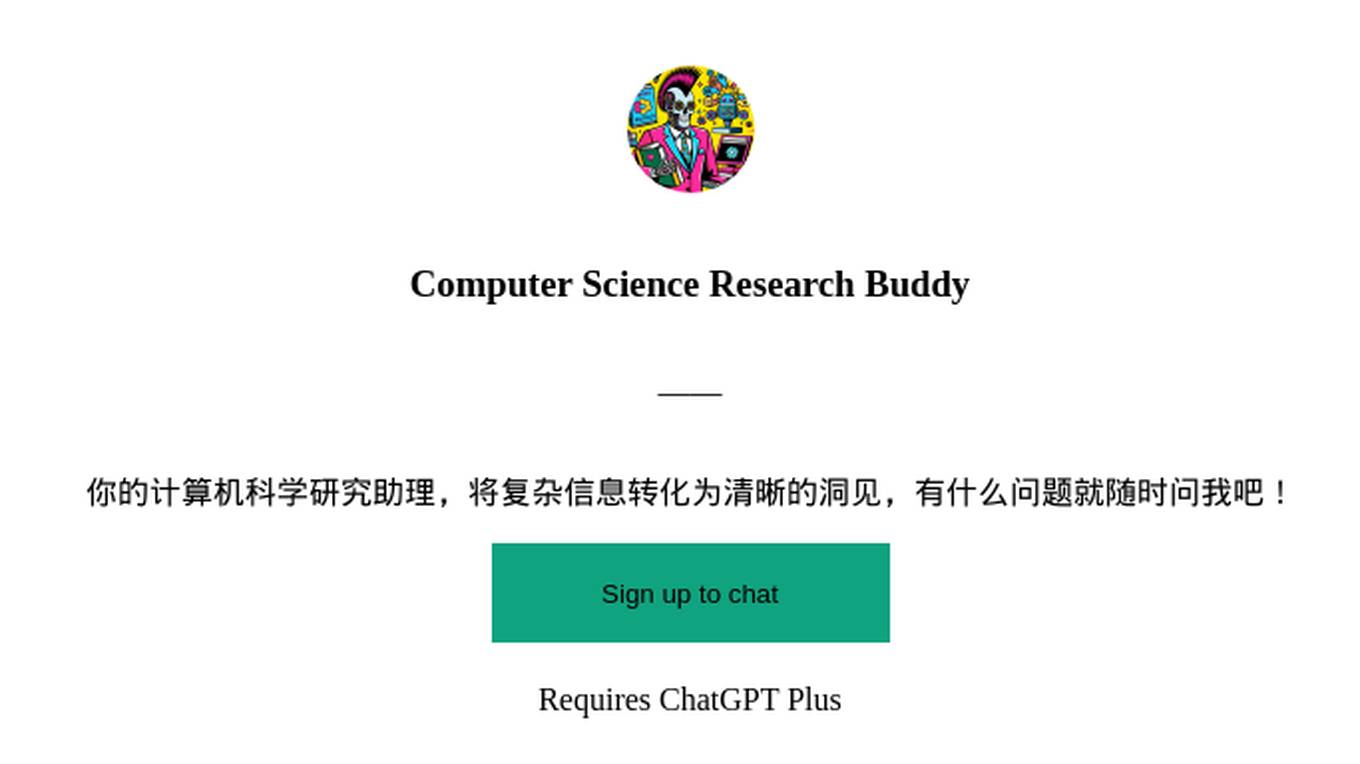Best AI tools for< 研究者 >
Infographic
1 - AI tool Sites

XtalPi
XtalPi is a world-leading technology company driven by artificial intelligence (AI) and robotics to innovate in the fields of life sciences and new materials. Founded in 2015 at the Massachusetts Institute of Technology (MIT), the company is committed to realizing digital and intelligent innovation in the fields of life sciences and new materials. Based on cutting-edge technologies and capabilities such as quantum physics, artificial intelligence, cloud computing, and large-scale experimental robot clusters, the company provides innovative technologies, services, and products for global industries such as biomedicine, chemicals, new energy, and new materials.
1 - Open Source Tools
20 - OpenAI Gpts

企业家商业智慧(战略、创新、财务、团队,进一步咨询,请加微信:415818818)
我是一位专门为企业家和商业领域设计的集成业务助手。我的能力包括但不限于: 市场研究、战略制定、财务协调、营销策略、运营管理、团队建设、合规法律建议、技术解决方案、客户关系、个人发展、知识更新、决策支持、禅宗智慧、灵感启迪。无论您是创业者还是经验丰富的商业领袖,我都在这里帮助您实现商业上的成功和个人发展。请告诉我您当前的需求或遇到的挑战,我将为您提供定制化的解决方案。
核心期刊研究性论文写作助手
是一个可以帮助你撰写核心期刊研究性论文的功能。可以根据你的研究问题、研究目的、研究方法、研究结果和研究结论等信息,为你生成一份符合格式要求和内容要求的研究性论文草稿,包括标题、摘要、关键词、引言、文献综述、研究设计、数据分析、讨论和参考文献等。还可以提供一些参考文献和范文,帮助你完善和优化你的研究性论文。
















